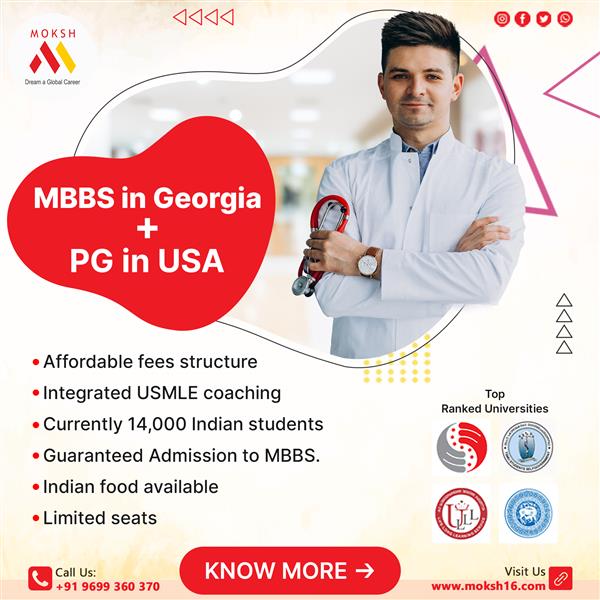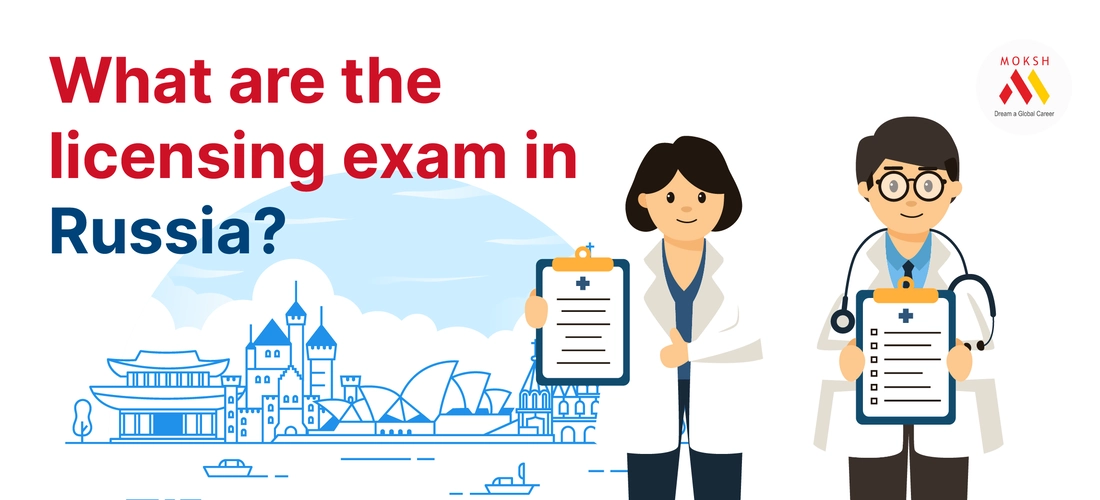
Medical students are well aware of the requirement outlined in the National Medical Commission of India's gazette: those pursuing their MBBS degree from international medical universities must obtain a practicing license from the respective country. For instance, students studying MBBS in Russia need to acquire a license from the Public Registration Authority of Health Practitioners in Russia.
This article will delve into the procedures and conduct of licensing exams in Russia. Before that, let's discuss the crucial exam held in the final year of the MBBS course, known as the GOZZ exam. This exam bears significant relevance to the licensing exam in Russia.
GOZZ EXAM
The GOZZ exam, typically taken in the final year of the MBBS program, comprises three key components:
Written Test: The initial phase involves a comprehensive multiple-choice question test covering various medical topics. Aspirants must answer all questions to the best of their ability.
Practical Assessment: The second stage involves a practical examination where candidates interact with patients. They are tasked with taking a detailed and accurate case history, formulating a treatment plan, conducting diagnostics, and interpreting radiological findings. This segment evaluates the practical skills acquired by aspirants during their tenure at the Russian medical university.
Oral Examination: The final segment resembles a viva voice, wherein candidates are quizzed by professors on different medical conditions, such as Asthma. Aspirants are expected to demonstrate their understanding of symptoms, treatment options, radiological interpretations, and diagnostic procedures. Successful completion of all three stages concludes the GOZZ exam.
Passing the GOZZ exam is crucial for medical aspirants as it is the gateway to obtaining the MD degree, equivalent to MBBS, in India and other international contexts. Only after securing this degree can aspirants practice medicine worldwide, subject to clearing additional entrance exams in different countries. For instance, in India, aspirants must clear the NEXT exam, while in the United States, it's the USMLE; in the United Kingdom, it's the GMC/PLAB exam; and in Australia, it's the AMC-MCQ exam, among others.
Failing to pass the GOZZ exam means aspirants won't receive the MBBS or MD Physician degree from the Russian medical board. They must successfully clear this exam to attain their final degree.
Curriculum of the GOZZ exam
The GOZZ exam syllabus encompasses theoretical and practical subjects, spanning preclinical and paraclinical areas. Aspirants are taught these topics throughout their six-year MBBS course, covering content from the first year onwards.
Level of the GOZZ exam
All aspirants need to recognize that the GOZZ exam isn't easily passed by merely attending lectures without dedicated study. Success requires diligent effort because the clinical knowledge tested, such as disease symptoms, radiological findings, and diagnosis, can only be truly grasped through consistent practice. Thus, aspirants must deeply understand medicine, surgery, and clinical practices to excel.
In some universities, professional teaching staff from other institutions may conduct viva and practical assessments, underscoring the need for thorough preparation.
In Russia's licensing process, passing the state exam is the final and most critical requirement to obtain an MD and a practicing license. Final-year medical students must clear this exam to fulfil their educational obligations in Russia.
Licensing Exam in Russia
The licensing exam in Russia, known as the Akkredition exam, serves as a form of recognition. Unlike the GOZZ exam, the licensing exam presents a different set of challenges, albeit generally considered less complicated than GOZZ. Therefore, aspirants who smoothly clear the GOZZ exam are likely to find the licensing exam manageable. It consists of multiple-choice questions (MCQs) and remains valid for five years after the license is acquired. Russian medical universities administer this exam.
Upon successfully passing the GOZZ exam and obtaining the associated degree, aspirants can sit for the licensing exam within one or two weeks. Results typically arrive within a month, granting aspirants the title of MD doctor in Russia. Documentation procedures usually conclude within 30 to 40 days, enabling graduates to practice as MBBS doctors internationally and as MD doctors within Russia.
Those who clear the licensing exam may choose to practice in Russia or return to their home countries, where they may need additional medical exams. As per the guidelines issued by the National Medical Commission of India, medical aspirants pursuing MBBS abroad must obtain a practicing license from the respective country.
It is advisable to view this exam as an opportunity to practice in Russia. Indian medical aspirants must also consider exams like NEXT or FMGE; thus, holding licenses from both countries offers flexibility to practice in either. Additionally, obtaining a medical license from Russia enhances a graduate's resume for potential international endeavours.
Ultimately, aspirants should remember that with dedication, achieving their goals is not insurmountable.
Additional Tips
Know Your University's Process: Every university has its own specific procedures and requirements for these exams. Make sure you consult with a study abroad consultant for the latest regulations.
Consider Language Courses: If the Goss Exam is offered in Russian, consider enrolling in medical Russian courses to ensure you can effectively understand the exam content.



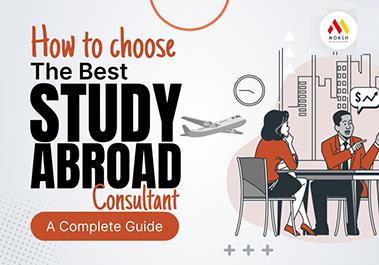

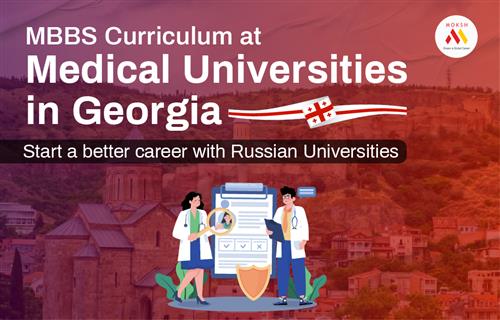
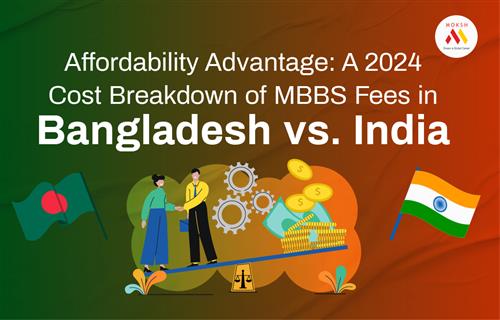
.png)
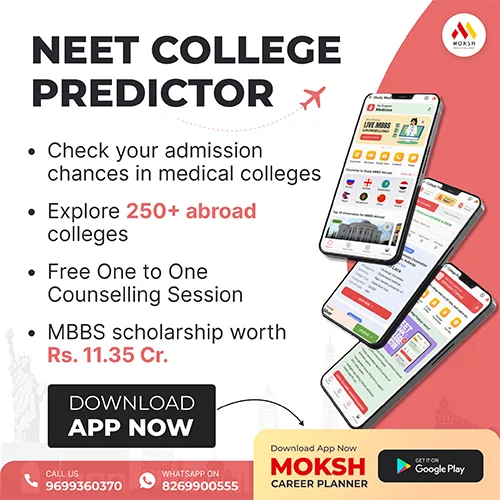
.webp)
